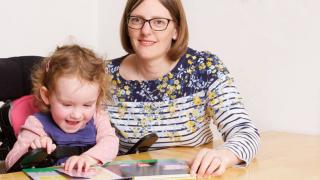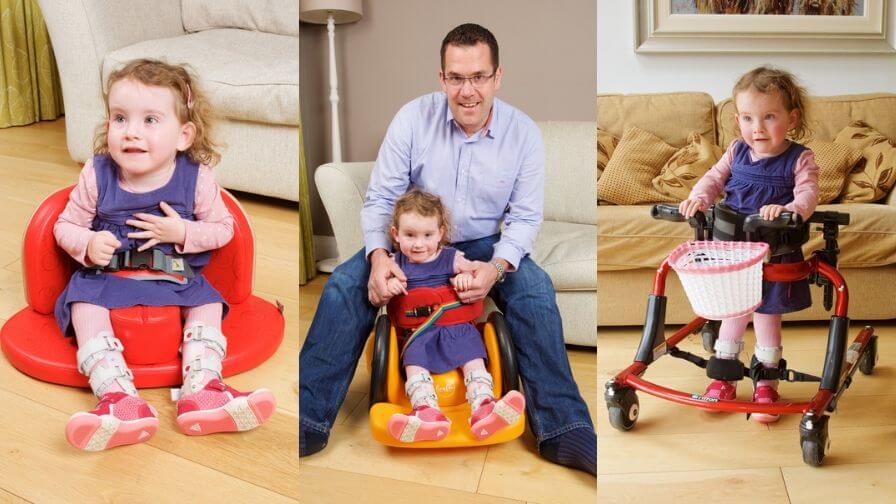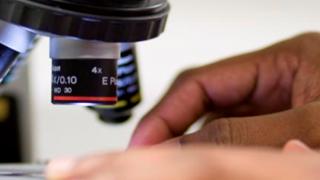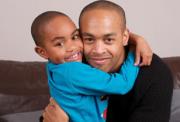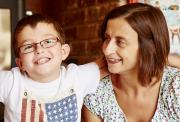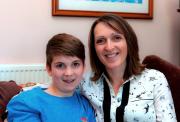More family stories
Noah: Landau Kleffner syndrome
When little Noah was diagnosed with the rare disease Landau Kleffner syndrome, doctors told his parents Madeka and Ryan, ‘Don’t look it up because it will really scare you’.
Joey: brain cancer
When Joey was just four years old, his parents Darren and Kathryn faced the terrible news that their little boy had a brain tumour.
Robbie: cleft palate
Shortly after his birth, Robbie was diagnosed with a condition called Pierre Robin Sequence. He had difficulty feeding and breathing due to a cleft soft palate and a small, receding lower jaw.

